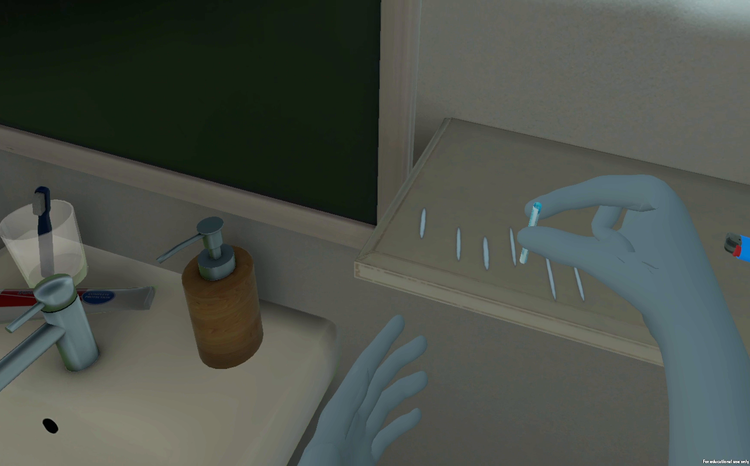Insider View: Jon Hoeksma
- 24 September 2009

It’s Christine Connelly’s paper anniversary. Jon Hoeksma reflects on her first year.
Twelve months have passed since Christine Connelly took up post as the Department of Health’s first chief information officer.
When she arrived from Cadbury Schweppes via a period of consulting, there was considerable debate about the impact that another ‘outsider’ would have on NHS IT.
There was also curiosity about how she would work with Martin Bellamy, who was appointed at the same time to head up NHS Connecting for Health and so the National Programme for IT in the NHS.
We have had the answer to the second question – she won’t, since Bellamy has already departed for another job in government. We’ve also had a kind of answer to the first – since Connelly has had a remarkably low profile outside the DH and a few of its agencies.
After the tumult of the years in which Richard Granger was director general of NHS IT, many will no doubt regard this as desirable. But for months after she took up her post, sightings of Connelly were rare. Even now many senior figures say they have struggled to get time with her.
Musical chairs ended
It is now almost two years since Granger began his departure. His job was done for almost a year by Gordon Hextall and Matthew Swindells, before the baton passed to Sir Bruce Keogh, who finally handed over to Connelly.
Over the same period, there has been a carousel of health ministers responsible for NPfIT. Collectively, this adds up to a long period of drift and lack of strategic and operational leadership.
Connelly herself is an impressive individual and extremely engaging, with a CV that speaks of achievement. She also has a reputation for not suffering fools lightly and being clear about speaking her mind.
EHI has learned that some suppliers are terrified of her. Yet she may have come too late to the NPfIT play to affect the dénouement. This is not a failure of Connelly, but more a symptom of a tired government that expects to be beaten.
In her most public statement, an April speech to Healthcare Computing that was warmly received by NHS IT professionals, Connelly set this November and next March as deadlines for the significant delivery of Cerner Millennium and iSoft Lorenzo by BT and CSC.
She warned that failure to deliver would result in “alternatives” to NPfIT’s delivery approach being considered. But almost six months later, there is no indication a realistic alternative is even close to being ready, and even less prospect of it being funded by Treasury.
The strategic health authority CIO seconded by Connolly to lead choice work in the South has departed. In fact, instead of seeing a move away from the local service provider model, we have seen a retrenchment, with BT awarded a £500m contract for a minority of trusts in the South, and a re-negotiated deal with CSC signed.
NHS Connecting for Health dismantled
The most far-reaching change Connelly has made has been to usher out the last of the original leadership of NPfIT and to largely dismantle NHS Connecting for Health. That might have won plaudits once, but the process has denued CfH of much hard won experience.
It may have come late, but by the end of Granger’s tenure CfH had done a lot of learning on the job – and he was taking an increasingly tough public line with Cerner and iSoft. Connelly has said the changes are about mainstreaming information across the DH. But when it comes to the programme’s core objective of overseeing the delivery of improved information systems and catalysing the better use of information across the health service, the record remains rather dismal. Worryingly, the DH looks to have run out of momentum or ideas on how to break the impasse it has created.
Implementation challenges remain
Some small scale implementations of strategic systems are going ahead in acute trusts; but there has been no implementation of the mature Cerner Millennium system in London or the South for a year, and no acute trust-wide deployment of Lorenzo at all.
A good deal of work has been done, particularly in the community and mental health sectors. But these have been older existing systems, or from existing suppliers able to plug specific holes such as TPP and CSE Healthcare.
On Lorenzo the question remains: how many years more until a proven industrial strength product is ready? On Cerner the question is: how can the same problems that caused havoc at Nuffield Orthopaedic still be occurring four years on?
As November approaches, the expectation of many in the healthcare IT sector is that the bar will be set sufficiently low for success to be claimed. But the real issue is what comes next?
A difficult future
To complete delivery across England by 2014-15, literally dozens of trusts would have to go live every year from now on. This simply isn’t going to happen. NPfIT and the LSPs as they stand cannot meet the English NHS’s information needs on their own.
Even so, the future surely lies in trying to get something useful from the LSP contracts. A good place to start would be to amend them so they were based on delivery of specified Clinical 5 functionality, within a framework of standards and interoperability, rather than specific systems.
That will need to be supplemented by some kind of local choice, perhaps through the ASCC framework deals, ideally with some national support or funding. The ASCC deals have so far only been used by a handful of trusts, but proven their potential.
Above all, though, the NHS needs strong leadership that can persuade it of the value of information and the vital role of IT in delivering better, safer and more cost effective patient care. This can’t come from the DH CIO alone, but if she’s not taking a visible role evangelising, who will?




